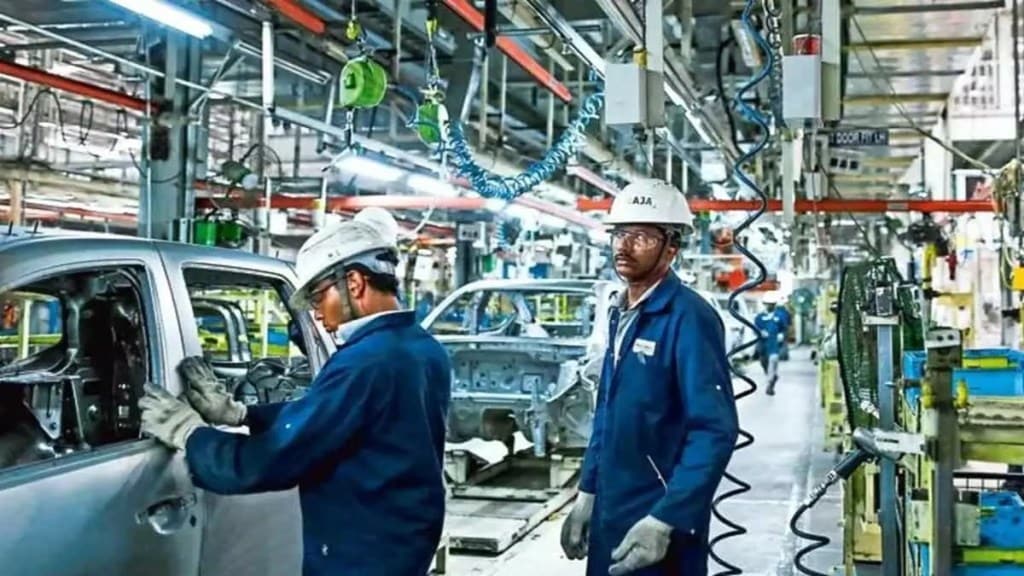The government on Thursday assured exporters that it will ensure that they aren’t put at a disadvantage in their dealings with the US as the Trump administration imposes reciprocal tariffs from April 2. Bit it added that the country cannot be “overprotective” about its markets.
Washington has been unleashing the volley of additional tariffs on all trading partners over the last few weeks, forcing many countries to retaliate, in moves that could drag the world into a full-fledged trade war.
In a meeting with export promotion councils and industry associations, commerce and industry minister Piyush Goyal told them that India has a huge domestic consumer base which should also get access to quality goods and services at competitive prices.
The exporters were told that both India and US are working “overtime” on a Bilateral Trade Agreement (BTA).
“Most of the sectoral representatives were optimistic of the outcome of worldwide tariff changes being driven by the US,” a source said. Government officials also suggested sourcing of goods like plastics and chemicals from the US, reducing the reliance on China.
Along with the immediate threat of reciprocal tariffs by the US from April 2, the industry also flagged the risk of dumping of products like steel, plastics and chemicals from China, as its access in the American market is curtailed. The officials told them to immediately alert them of any surge in imports from the neighbouring country. Concerns were also expressed on heightened competition from dumping by China in other markets which might undermine India’s exports.
On the issue of uncertainty due to frequent tariff changes by the US and anticipation of widening of their applicability impacting orders, director general of Federation of Indian Export Organisations Ajay Sahai said, “We are getting good orders from the US but actual dispatches are of small value in view of uncertainty in tariffs. We are waiting for tariff clarity.”
Some sectors like textile and apparel, suggested offering zero tariffs to the US on reciprocal basis. While a large portion of the meeting focused on the implications of reciprocal tariff announcements by the US and the BTA, the meeting also discussed export performance.
The exports have just grown 1.4% in April-January period, the exporters were told to push for more shipments in the remaining weeks. They were also told to grab opportunities that will emerge as the key US trading partners like Canada, Mexico and China come under higher tariffs. The higher tariffs on Mexico, for instance, can be an opportunity for the auto component sector, and those on Canada for Indian aluminium units.
India and China compete on many products in US markets like textile and apparel, steel and aluminium, machinery, auto parts and electronics among others.

